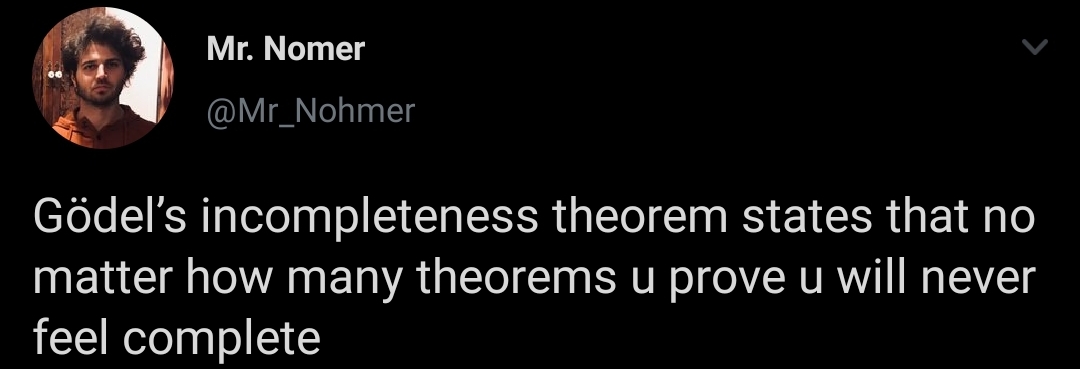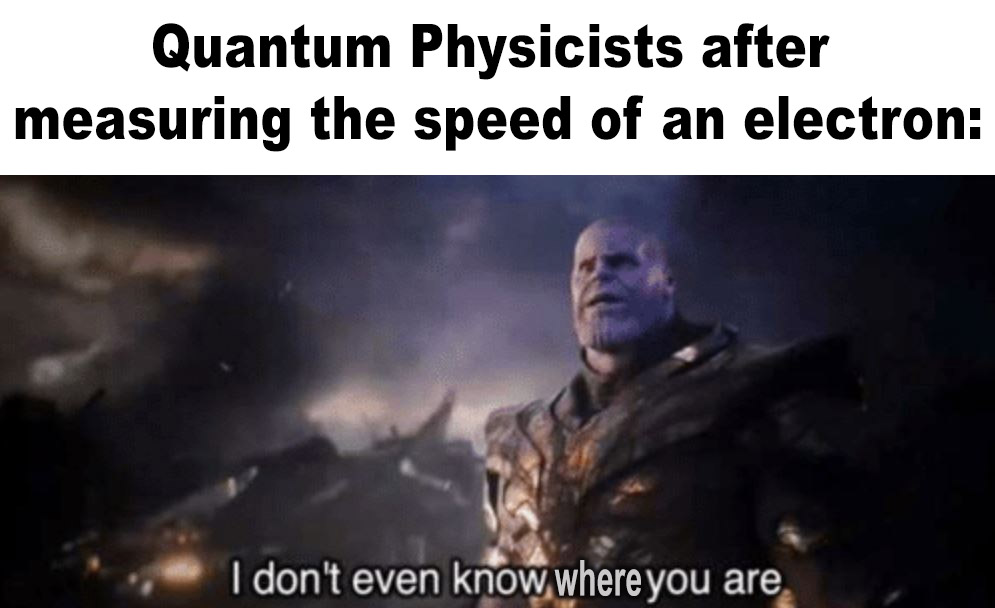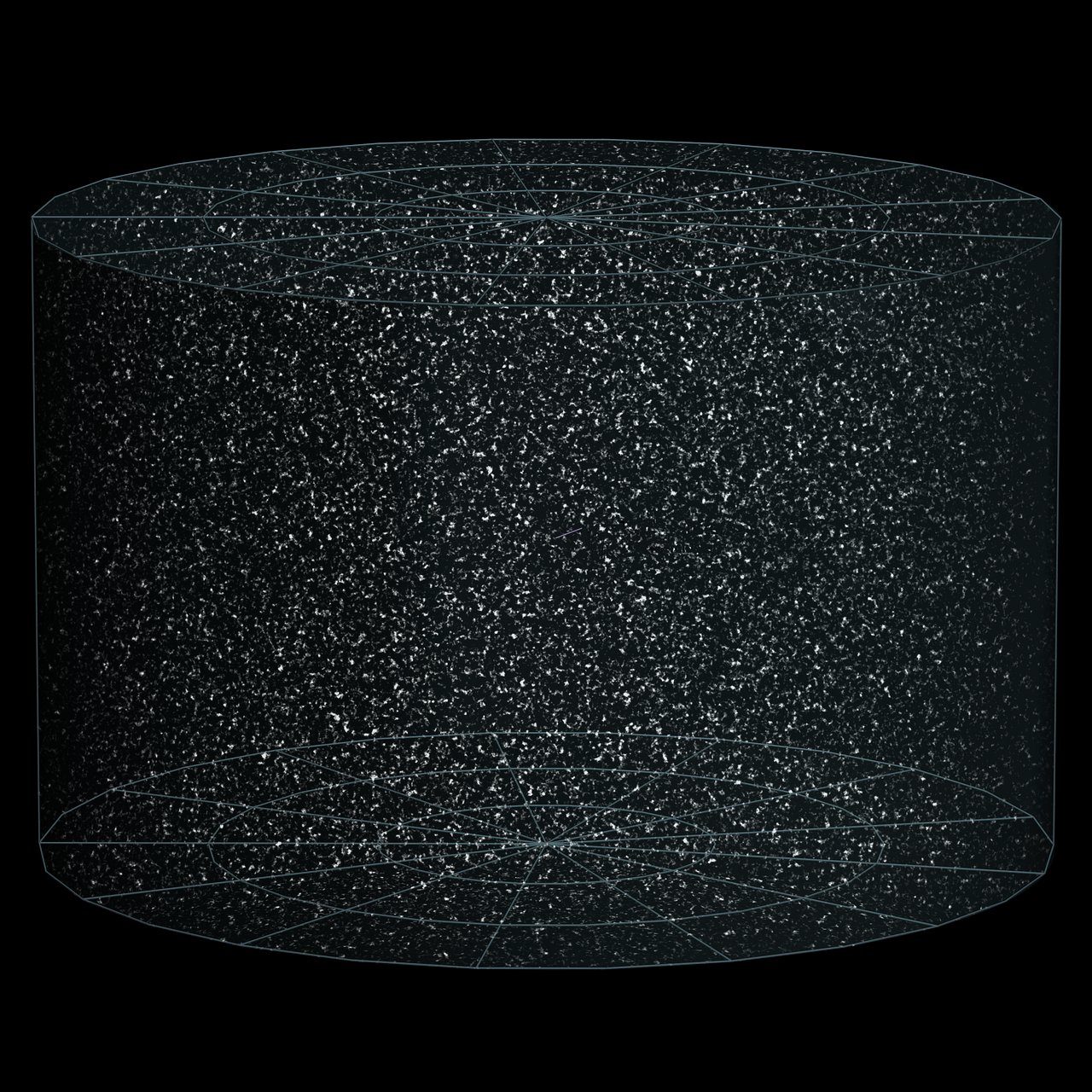Making Peace with Uncertainty (Ian Malcolm and Science)
This post won't be a detailed post about any concept. These are just my personal thoughts articulated in the form of a small essay.
I have been reading Jurassic Park by Michael Crichton recently, I found an old battered copy of the book in the book fair which I visited recently. Jurassic Park is one of my all-time favourite movies. Not just because of the wonder that it successfully creates with Spielberg's amazing direction and John Williams's iconic score. But also because of the amazing character of Mathematician Ian Malcolm played by Jeff Goldblum. Ian Malcolm is a 'chaotician', a mathematician who indulges in Chaos Theory.

I was introduced to Chaos Theory not by any book or a lecturer but by Ian Malcolm and his non-stop rambling about improbability and uncertainty in chaotic systems. I could never have predicted that after maybe a decade and a half since I watched the movie I would be diving in dynamical systems and chaotic systems as a research field.

While reading the book I came across a quote spoken by Ian Malcolm
"At the same time, the great intellectual justification of science has vanished. Ever since Newton and Descartes, science has explicitly offered us the vision of total control. Science has claimed the power to eventually control everything, through its understanding of natural laws. But in the twentieth century, that claim has been shattered beyond repair. First, Heisenberg's uncertainty principle set limits on what we could know about the subatomic world. Oh well, we say. None of us lives in a subatomic world. It doesn't make any practical difference as we go through our lives. Then Godel's theorem set similar limits to mathematics, the formal language of science. Mathematicians used to think that their language had some inherent trueness that derived from the laws of logic. Now we know what we call 'reason' is just an arbitrary game. It's not special, in the way we thought it was. And now chaos theory proves that unpredictability is built into our daily lives. It is as mundane as the rain storms we cannot predict. And so the grand vision of science, hundreds of years old - the dream of total control - has died, in our century." ~Michael Crichton's Jurassic Park Pg.313
Michael Crichton is famous for incorporating the ideas of science into his sci-fi books. Here through Ian's monologue he points to a sentiment that worries me a lot. The uncertainty that scientists and researchers like us face daily while combing the unknown is terrifying.
I have often found myself staring at walls for long duraions while thinking of novel phenomena to study or while exploring the unknown. My supervisor recently mentioned this unease in our discussion. Experimentalists and theorists alike have faced this unease many times in their lives. And making peace with it can be a difficult task.
What if the question that I am exploring the answer of remains unanswered forever. Or worse what if the direction that I am moving towards, with hand outstretched into the void goes forever. What if there is no answer. That is a problem that Godel explored in his incompleteness theorem. Mathematics and logic according to Godel will forever remain incomplete.

There are works in science and mathematics that cause what is known as paradigm shifts. These are monumental works that change the field forever. Watson and Crick's DNA strcuture was one such paradigm shift. Development of Quantum Mechanics in early 20th century was another such paradigm shift. Godel's incompleteness theorem holds a place there as a pradigm shift in computing,logic and mathematics. In any given logical system Godel showed there will always be one statement that will remain unprovable. A logician will be able to explain the incompleteness theorem better than what I can. But I can relate with the feeling of unease it causes when a mathematician derives the paradox that Godel found. To understand how Godel derived on his theorem using clever mathematics that is not very hard to follow see this article by Quanta Magazine

I remember when I first encountered Heisenberg's Uncertainty principle it was explained to us in our modern physics course as a fundamental principle of the world that the more accurately you try to 'measure' the position of the particle the less accurate your measurement of the particle's momentum becomes. As it turns out the 'measurement' does not play any role in the uncertainty. The Uncertainty principle is simply a consequence of fundamental physics where particles have wave-like behaviour.
From the mathematics of waves and the fact that position and momentum form conjugate variables the uncertainty principle emerges. An electron we were told evolves around a nucleus in schools in well predicted orbit whose orbital radius we could calculate. Then we were told to reject the idea of well-defined orbit and an 'electron cloud' whose distribution we could calculate by solving the schrodinger's equation. This fact that increasing uncertainty led to a finer and better understanding of the universe around us is the biggest rebuttal of Ian Malcolm's negative comment quoted above.
So, I could go on and discuss how everything around us is uncertain. Our futures are uncertain. We could discuss my favourite Everett's interpretation of quantum mechanics and how that uncertainty ties with decision-making.

But I don't want this post to drift away from that feeling. The feeling of dread. A dread that I felt while learning the horizon problem in cosmology. How two different parts of the universe that are so far away that they can never be causally connected (by a signal travelling with a speed equal to the speed of light) could have the same homogenous properties (temperature of CMB). The idea that there are places in the universe that are moving away from us (because of the expansion of the universe) and are already out of our reach will forever remain a mystery to us. This is what we call a particle horizon. Say you have a telescope out there in space, you can point the telescope to the left and you observe a galaxy 8 Billion light years away, then you point the telescope right to view a galaxy again 8 billion light years away. The light from the galaxy on the left will take 16 billion light years to reach the one on the right. And thus they could not have had any contact within the age of the universe and if the dark matter keeps the expansion going they never will. (I am ignoring some technicalities here, more curious folks could read this).
Even though the horizon problem can be solved by studying models with inflation, the eerie feeling remains of the fact that there are points in this universe that will never know of each other's existence. What if there is intelligent life there? What if on a planet there, another scholar is sitting and ruminating about the secrets of the universe? Will they also be going through the same feelings? Will they also be trying to cope with the dread by writing their thoughts? Or would they just keep on living like every other non-curious being in our world. Well wnough of my rambling and talking to myself. I will let Ian Malcolm from Jurassic Park close this.

Even though the unease is terrifying to experience. People who have the thirst to understand the reason behind the unease are the ones that are the ones that come up with novelty in research. This novelty takes humanity ahead into a brighter and better future. I hope the reader (if any) can deal with the unease and move forward and embrace it. Explore the void and maybe you will find a hidden treasure somewhere waiting to be dug up.